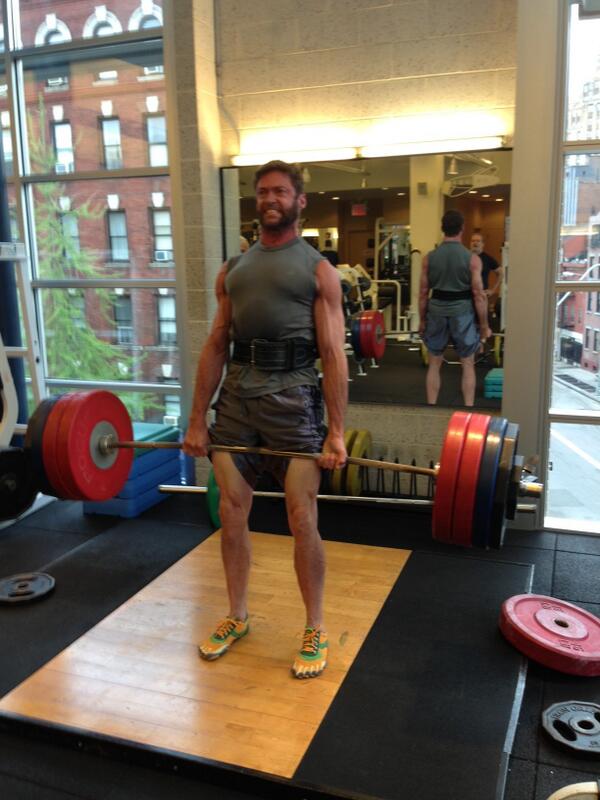1 year to get your waist down just 3 cm will be easy.
You should be able to do it in a month without being extreme.
You should be able to do it in a month without being extreme.
Follow along with the video below to see how to install our site as a web app on your home screen.
Note: This feature may not be available in some browsers.
It has dropped 3 cm in 4 weeks, so another 4 weeks or so should see another 3 gone.1 year to get your waist down just 3 cm will be easy.
You should be able to do it in a month without being extreme.
It has dropped 3 cm in 4 weeks, so another 4 weeks or so should see another 3 gone.
By the end of the year, I would hope to be around 90 cm or so.
Firstly, I have a better understanding of fitness in general since then.
Secondly, actually it wasn't. When I was long distance running, I was doing 10k's 3 or 4 times a week.
When I switched to HIIT, I got roughly the same results after one month that took me six months doing long distance. Now, take into consideration, the HIIT consisted of walking 2 - 3k's, with intermittent sprints of about 100 metres, 3 times a week. The results speak for themselves.
It's like juicing - the ♥science♥ clearly shows that juicing, whilst not *unhealthy*, isn't healthy either, as it removes the fibre from the fruit and veg and leaves all the sugar, but people still swear by it.
Look, don't get me wrong, it's way better than sitting on your fat can, getting fatter, but cardio is inefficient in the extreme.
Tell me, what is your HR doing after each sprint while you're walking?
No idea, never checked it.
I haven't done HIIT in a long time.
What do you do these days?
I can give you some stats from my last round if you are interested. I did a total of 6 sprints with max heart rates of 174, 171, 172, 172, 174, 174. During the walk after the spring, av heart rate dropped to 132, 125, 130, 131, 130, 128. I don't have min HR in my stats but I can estimate it from the graphs: 127, 120, 127, 129, 125, 126. The highest HR my HRM has recorded is 189.Tell me, what is your HR doing after each sprint while you're walking?
pinkboy
No idea, never checked it.
I haven't done HIIT in a long time.
Another factor is motivation/enjoyment. I will feel demotivated at grinding out another long, slow run, which I do not enjoy. Conversely, I really enjoy a good HIIT workout and look forward to doing it. Of course that doesn't mean that one is better than the other, but HIIT is better for me because it gets me out there.Saying one is better than the other is essentially wrong, especially specifically to yourself, because both ways (HIIT/Long Distance Running) do exactly the same thing, but one is not being performed to its maximum effectiveness. That doesn't prove though that one is better than the other. All it proves is you specifically perform one better than the other.
pinkboy
Another factor is motivation/enjoyment.
Have you done any form of anything in a while?
What do you do these days?

From earlier this week. Any resemblance to Hugh Jackman is purely coincidental.

Hugh should stop skipping leg day...
From earlier this week. Any resemblance to Hugh Jackman is purely coincidental.

